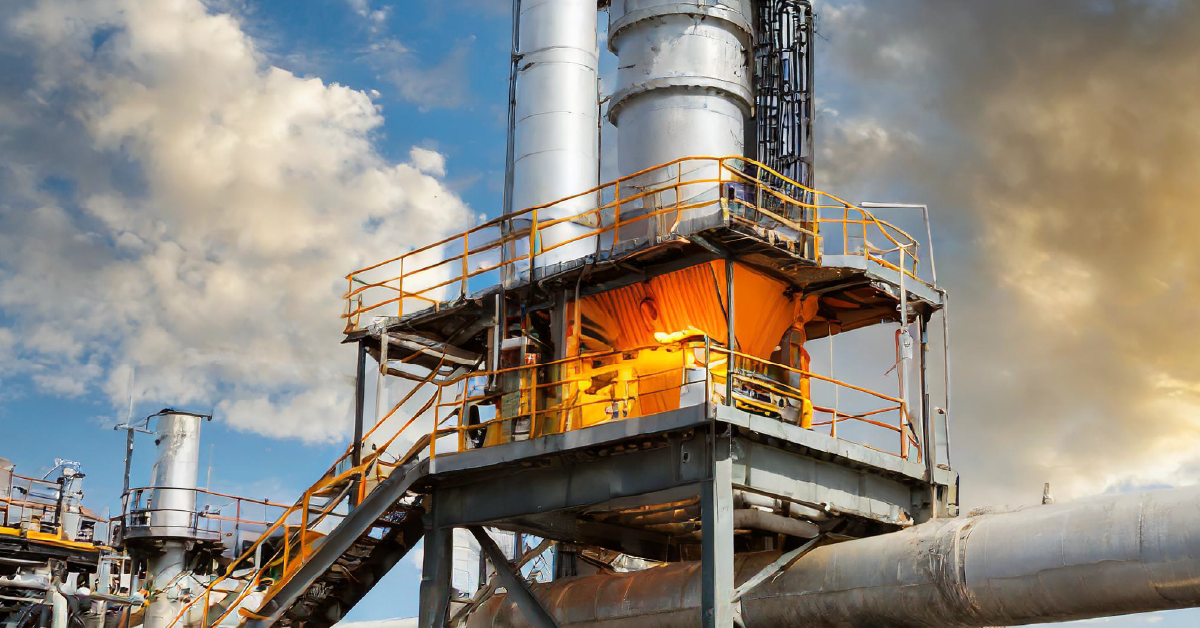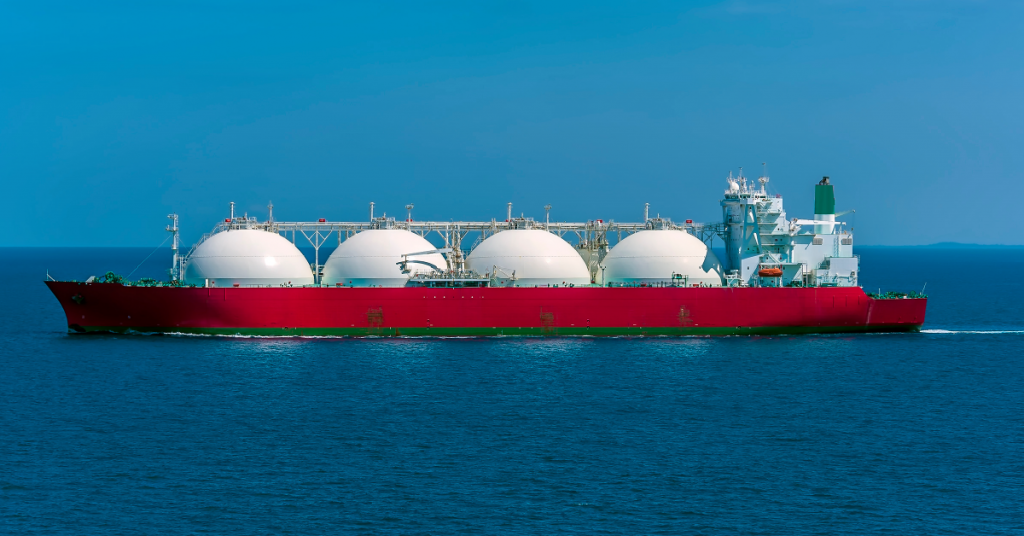Intensive Trainings

- This event has passed.
API 982 Refractory Inspector
10th July 2024 - 12th July 2024

Why Choose this Training Course
RP 982 encompasses an extensive array of refinery equipment, including fluid solid units, fluid catalytic cracker units, reforming units, fired heaters, incinerators, sulfur recovery units, flue gas ducts, calcines, steam-methane reformers, hydrogen plant and transfer lines, cracker furnaces, boilers, and flue gas stacks. The refractory linings in these units serve essential purposes, including:
- providing thermal protection for equipment;
- increasing energy retention and process efficiency;
- resisting processes that cause abrasion and corrosion; and
- enhancing personnel safety
RP 982 includes applications for fired furnaces, which are used extensively in the industry to heat hydrocarbon feedstocks for various high-temperature processes. These furnaces manage the interaction and flow of liquids, solids, and gases at elevated temperatures. Performing a reliable assessment of this lining is crucial for maximizing the furnace’s productivity and
durability.
Following RP 982 can help organizations optimize furnace performance, reduce energy consumption, and minimize downtime. It can also foster better and more informed decision-making regarding the condition of the existing lining and the necessity of making repairs.
Who Should Attend
For the refractory personnel, this certification provides a method to demonstrate knowledge and experience with refractories and refractory inspection to employers and clients. By participating in this API 982 training course, inspectors and other professionals serving the petroleum, petrochemical and chemical industries are readily able to provide evidence of proper qualification.
Certification provides personnel with industry-directed and industry-accepted professional credentials. This API 982 training course is designed to train individuals who are interested in obtaining the API 982 Certification, as well as those who are seeking knowledge and skills needed for inspection and assessment of refractory linings.
Job titles include but are not limited to:
- Asset integrity engineer
- Design engineer
- Field engineer
- Inspection engineer
- Instrumentation engineer
- Maintenance engineer
- Mechanical engineer
- Operation engineer
- Plant inspector manager
- Process engineer
- Process technologist
- Production engineer
- QC coordinator
- Refinery shift engineer
- Refractories support engineer
- Superintendent refractory repair
- Technical manager / specialist
Relevant industries include but are not limited to:
- Aluminum foundries
- Cement plants
- Chemical plants
- Coke plants
- Copper foundries
- Fabrication shops
- Fertilizer plant
- Gas plants
- Glass plants
- Mineral processing
- OEM
- Power plants
- Refineries
- Refractory manufacturers
Key Learning Objectives
- Learn the different responsibilities such as Owner’s responsibility, Refractory Inspector’s responsibilities & the Refractory Contractor’s responsibilities.
- Grasp Safety of Personnel
- Gain knowledge on Inspection & Assessment of Refractory Linings
- Overview of the Marking System
- Gather important knowledge on Critical Activities & the Documentation required installation of Refractory



